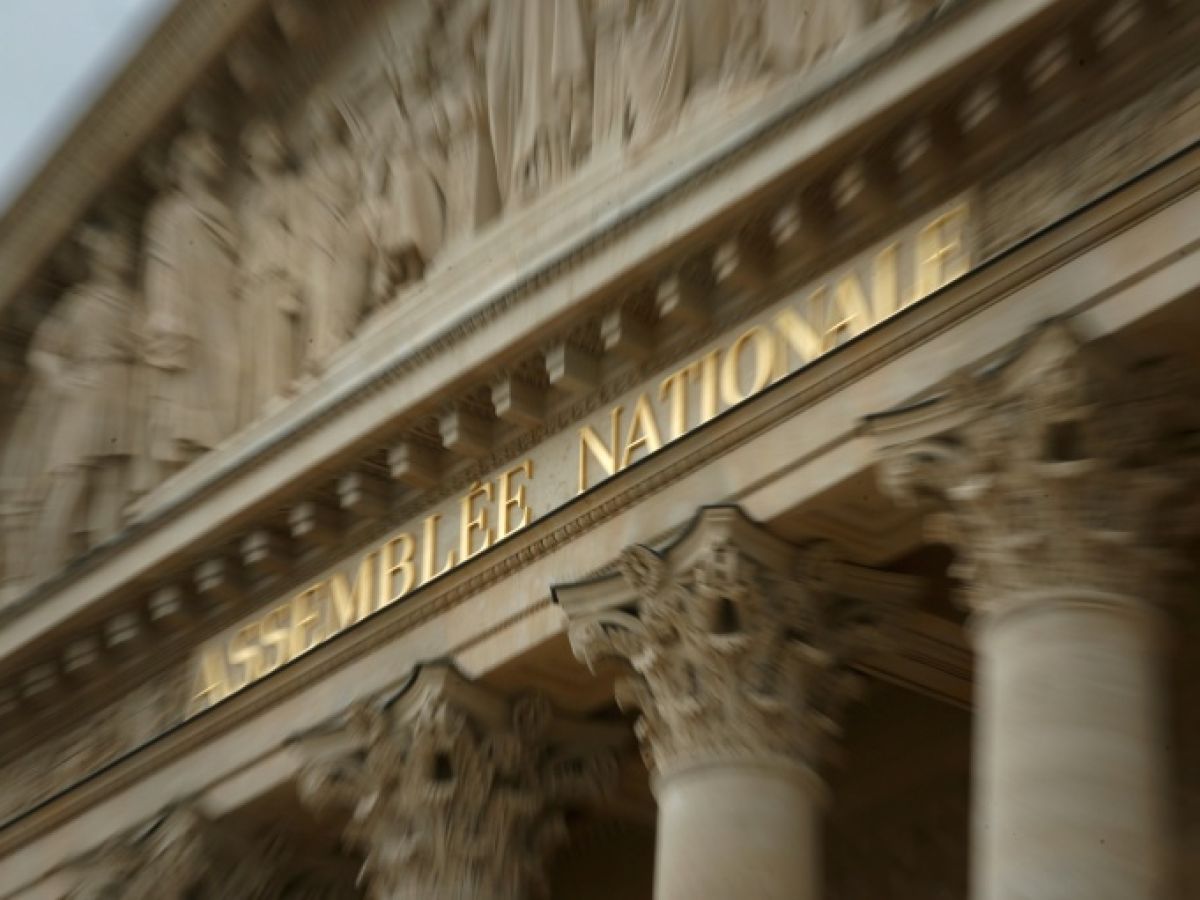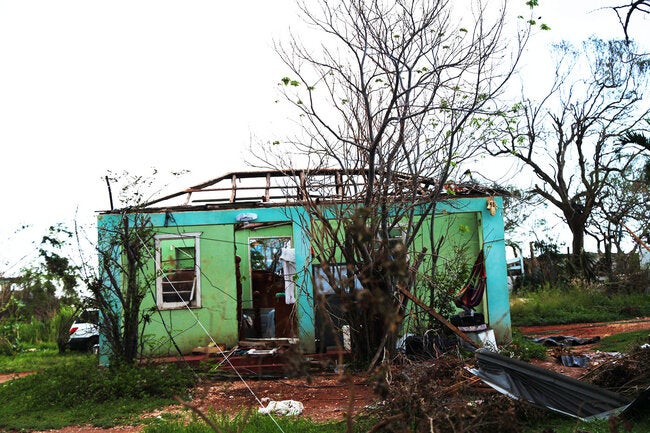The National Assembly will take up on Tuesday, in committee, an explosive draft social security budget for 2026, between exceptionally strong savings and the announced suspension of the unpopular pension reform, against a backdrop of great political tensions.
As with the finance bill, Prime Minister Sébastien Lecornu has pledged not to use the constitutional tool of Article 49.3 to pass this text, which represents nearly €680 billion in spending—more than the state budget bill. However, deep disagreements between political forces remain, and time is limited.
The starting point, the draft social security financing bill (PLFSS) put on the table by the Lecornu 2 government, is exceptionally financially rigorous, and several political groups intend to amend it extensively.
Described as an “unacceptable”, “out of touch”, “unfair” or “socially aggressive” budget by representatives of the sectors concerned, the text plans to reduce the Social Security deficit to 17.5 billion in 2026 (23 billion in 2025).
The government is limiting the increase in healthcare spending to 1.61% of the annual healthcare budget, whereas it naturally rises by approximately 41% each year, driven in particular by the aging population. And it is counting on seven billion euros in healthcare savings, many of which will be painful.

As Social Security celebrates its 80th anniversary, several measures target the sick: a further increase in deductibles (patients' out-of-pocket expenses for consultations and medications), reduced reimbursement at the dentist, limitation of the duration of a first sick leave…
Other irritants include additional taxation of supplementary health insurance, employer contributions on meal vouchers and works council activities, and an additional contribution on doctors' excess fees.
In hospitals, this is "the worst cost-cutting measure since the 2010s", according to hospital federations across all sectors.
"We are protecting the hospital" despite a "constrained budget", and without reducing the deficit, the risk would be "no longer having Social Security in the long term", replied the new Minister of Health Stéphanie Rist on Sunday.
– “A risky bet” –
The freeze on pensions and all social benefits (RSA, family allowances, housing benefits, etc.) in 2026, intended to generate €3.6 billion in savings, is also expected to spark heated debate. The under-indexing of pensions last year alone contributed to the fall of Michel Barnier's government.

Moreover, the draft social security budget is expected to include the suspension of the pension reform promised by the current Prime Minister to avoid censure. Matignon intends to submit an amendment "as early as November" to implement this. But the cost (€400 million in 2026) will have to be offset, warned Sébastien Lecornu.
Stéphanie Rist, like the other ministers concerned (Public Accounts, Labour, Solidarity, Autonomy, Disability) will defend this PLFSS on Tuesday in the Social Affairs committee, before the start of the examination of the amendments in committee on Thursday, then in the plenary session at the beginning of November, where the debate will start again from the initial copy.
Some 1,400 amendments were tabled by the various political groups, mostly by the left, according to a count by the National Assembly on Monday evening.
Without Article 49.3, the minority government is proposing an unprecedented exercise to a fragmented Assembly, without a majority, where each side will try to wrest victories through shifting alliances, with the Senate potentially transforming the whole situation…
And without a vote at the end of the 50 days provided for by the procedure, i.e. early December, the government could pass its text by decree.
In a pivotal position, the Socialist Party says it is taking a "risky gamble" in the debate, knowing that if it wants to obtain the suspension of the pension reform, it will have to adopt the entire Social Security Financing Bill.
On pensions, LFI and the RN are crying foul. They fear that the government will take advantage of the deadlock in the debates to adopt the initial text by decree, without suspending the Borne reform, and are demanding a "corrective letter" from Matignon to include it in the Social Security Financing Bill before examination.
Conversely, the right wing is fiercely opposed to this suspension, promising heated debates with an uncertain outcome.
The Lecornu 2 government is fighting for its survival. If the pension reform is forced through or not suspended, the Socialist Party (PS) will censure it, threatened its leader Olivier Faure.


